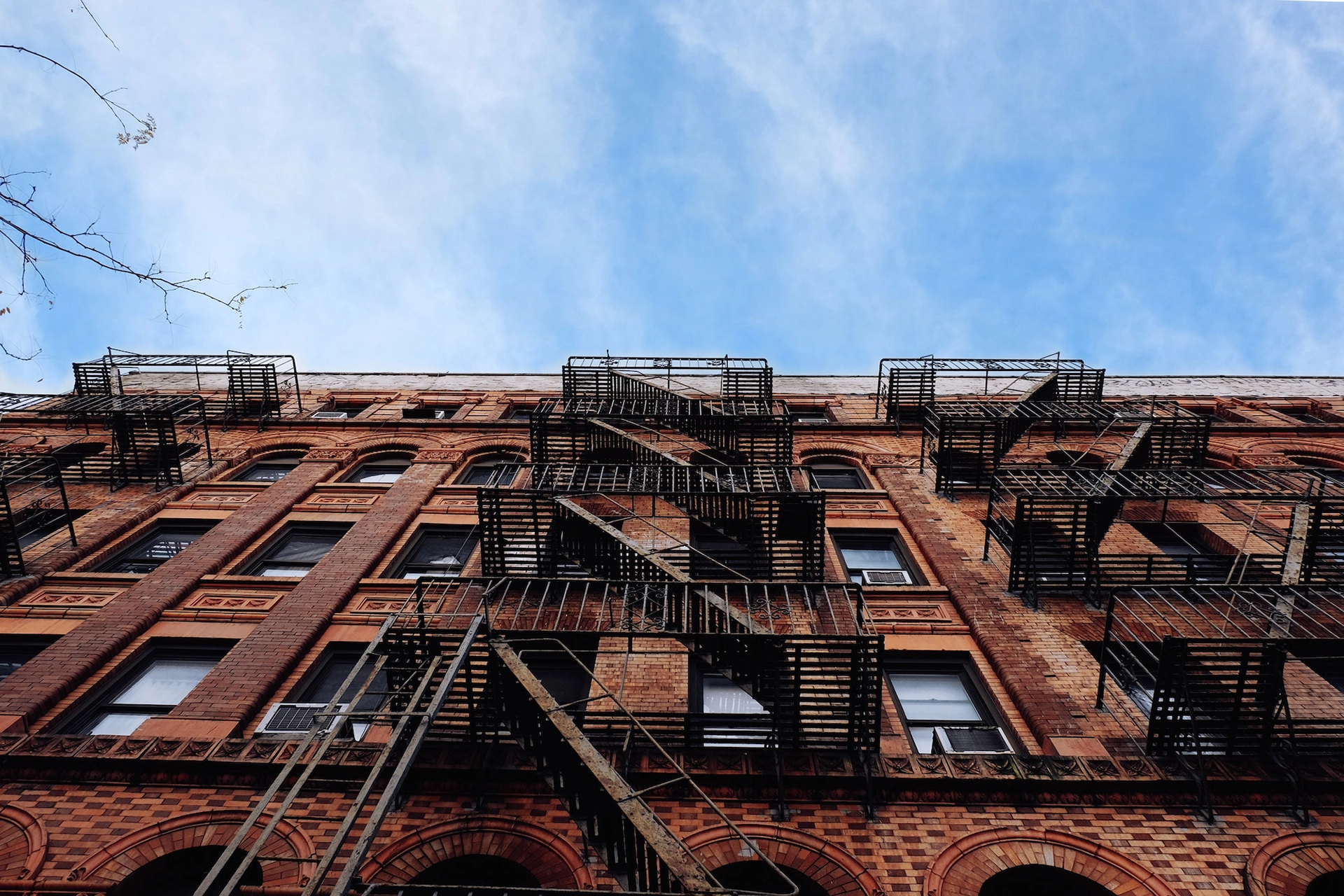(Updated April 2020) The NYC Department of Finance (Finance) requires the annual Real Property Income and Expense (RPIE) filing for most income-producing properties with an Assessed Value over $40,000. The deadline to submit the RPIE is usually June 1st. Finance, on a discretionary basis, allows an opportunity for late filing. Even though the rules allow 30-to 60-day extensions, the late filing deadlines are generally not fixed. The taxpayer receives a non-filing letter that contains a notice to cure, allowing 30 days from the date of said notice to file RPIE and avoid penalties. The RPIE statement can report calendar year or fiscal year information, depending on the accounting system used by the operators. Building owners, who are not required to file the Annual RPIE are still required to file a Claim of Exclusion on or before the deadline of June 1st or the extended deadline. Before imposing any penalties, Finance is required to send a written notice to the alleged non-filers and provide an opportunity for a hearing. Further, Finance must publish on its website a list of all properties for which income and expense data or a claim of exclusion was not received on time. Owners, who fail to properly file a timely RPIE, Claim of Exclusion, or to secure an extension from the Finance Commissioner, risk having penalties assessed against their properties in the form of property tax liens. RPIE non-filing penalties generally have a flat fee structure for a range of property assessment values. However, if a required RPIE report is not filed for three (3) consecutive years, Finance is most likely to issue a penalty of five percent (5%) of the final actual assessed value of the property.
The table of penalties for associated assessment values and for failure to file the Claim of Exclusion is reproduced below:
| FY21 Final Assessed Value | ||
| From | To | Penalty Amount |
| $40,001 | $99,999 | $300 |
| $100,000 | $249,999 | $750 |
| $250,000 | $499,999 | $1,500 |
| $500,000 | $999,999 | $3,000 |
| $1,000,000 | $4,999,999 | $5,000 |
| $5,000,000 | $9,999,999 | $20,000 |
| $10,000,000 | $14,999,999 | $40,000 |
| $15,000,000 | $24,999,999 | $60,000 |
| $25,000,000+ | $100,000 | |
Owners required to file a Claim of Exclusion, and who did not submit a claim, will be fined $100</span ></i > The model of fixed penalty works best for properties whose assessment is close to the upper end of the spectrum in each range. This is because the relative percentage of penalty in relation to assessed value gets lower as the property approaches the upper limit of a given tier. While the RPIE penalties for up to two consecutive years might seem relatively innocuous to owners of smaller properties, it should be emphasized that the charges constitute a lien against the property. Importantly, if RPIE is not filed for three (3) years in a row, the non-filing penalties for all types of properties are exorbitantly high. Regardless of the scenario, the penalties can present significant issues at the point of transfer or refinance. Since there is typically a delay in entering the charges by Finance, innocent purchasers might be in danger of being exposed to the penalties after the transfer. Read more about contesting the penalties</a >.


